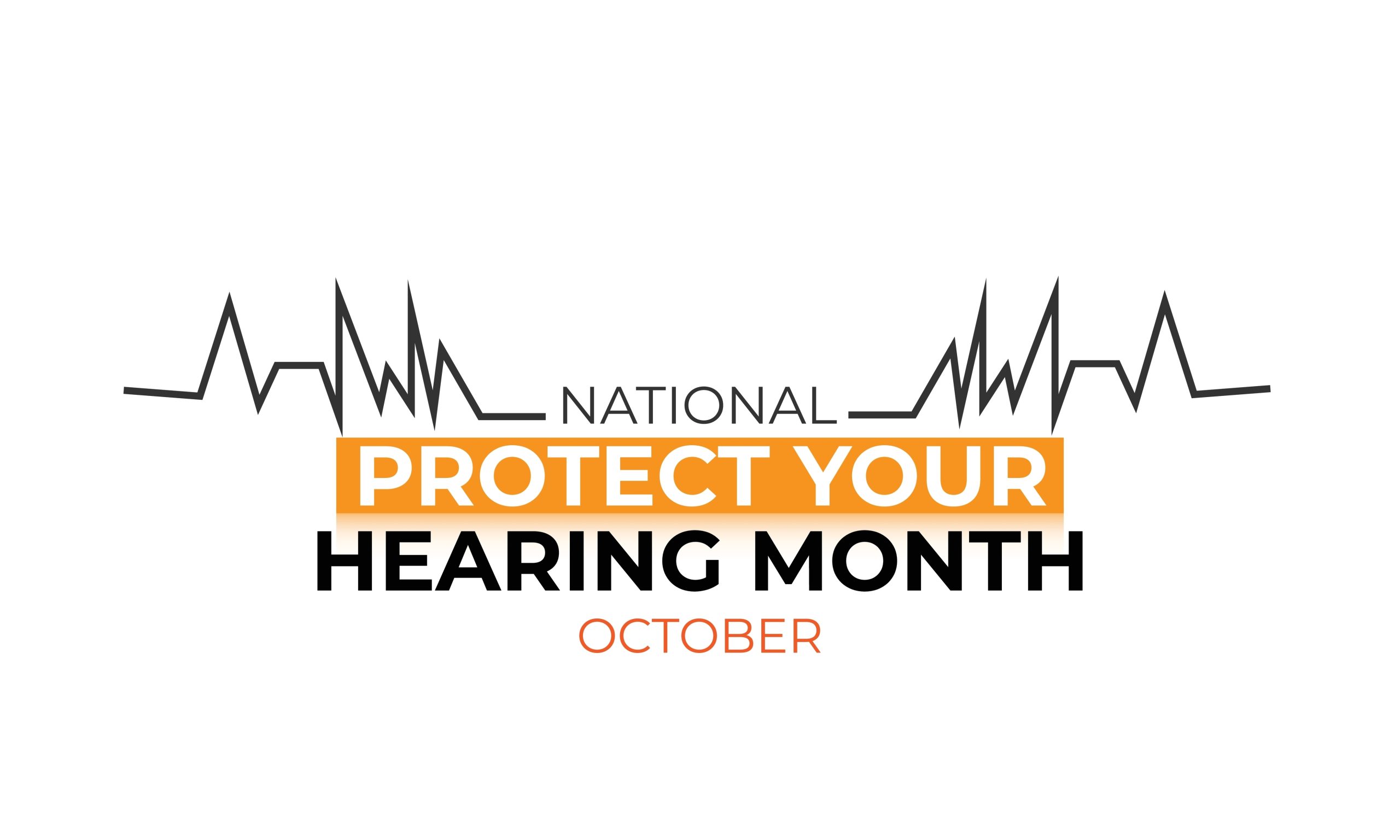We are surrounded by noise in our everyday existence. Our surroundings—from commute sounds and lawnmowers to music via earbuds—is increasingly loud. The expanding volume of sound poses a significant risk to your auditory health unless you take measures. With National Protect Your Hearing Month taking place in October, now is the best time to consider preserving your hearing.
How to safeguard your hearing: 8 key methods
It’s a relief that basic actions can be implemented to shield your ears from the ambient noise you encounter daily. We present eight vital pieces of advice to keep your hearing safe.
1. Become familiar with noise levels and their impact
The most important action for averting auditory damage is to recognize when a sound level becomes hazardous. Different sounds produce varying decibel (dB) levels, and prolonged exposure can lead to permanent hearing loss. Consult this brief table:
- Lawn mowers and heavy traffic fall into the 85–90 dB range, which is safe for up to 2 hours of listening.
- Exposure to 100 dB sounds, such as those from construction equipment or motorcycles, risks hearing damage in only 15 minutes.
- Instant damage is possible after merely a few seconds of exposure to noises over 110 dB, like explosions, gunshots, or fireworks.
A forward-thinking mindset regarding noise levels allows you to prevent environments that are detrimental for your hearing.
2. Measure sound levels yourself
Are you interested in discovering the true loudness of your environment? Your smartphone offers an easy way to measure it. There are many free applications that act as sound meters, enabling you to examine surrounding noise levels. To get accurate results, measure from the distance you usually are from the sound source.
Regular use of this monitoring tool can enhance your understanding of your surroundings, leading to smarter choices about hearing protection.
3. Don’t crank up the volume on your devices
One of the most frequent causes of long-term hearing damage is enjoying music or podcasts at an amplified level. Despite their handiness, headphones and earbuds often conceal certain risks. It’s important that numerous headphones can reach 100 dB, a level that can induce hearing loss in only 15 minutes of use.
Today, over a billion young people are at risk of hearing loss from using earbuds at high volumes. To be safe, keep your earbud volume below 50% of its full potential to protect your hearing. If you find yourself turning the volume up just to be able to hear, it likely means some degree of hearing loss has already occurred.
4. Avoid using music to drown out background noise
If you reside in a noisy neighborhood or frequently work in loud environments, it might be enticing to use headphones to drown out the background sound. It is actually harmful to increase the volume too high just to override external noise. The recommended solution is noise-canceling headphones, which permit listening to media at a greatly reduced and safer volume. Should noise-canceling headphones not be an option, simple earplugs are a viable alternative.
5. When in noisy environments, use earplugs
Earplugs are essential for individuals regularly in loud settings, such as concerts, sports events, or while using heavy machinery. They are small, affordable, and easy to carry, making them a simple but effective tool for hearing protection.
If you use them often, custom-fitted earplugs can be obtained, offering improved protection and a better fit than off-the-shelf versions. Never think twice about use earplugs when you are in a noisy location.
6. Adhere to safety recomendations at work
If your job involves being around loud equipment or machinery, always adhere to safety protocols regarding hearing protection. Be wary because some jobs may discount the risks; individuals claiming “it’s not that loud” could be suffering from major hearing loss and thus misjudging the true noise level. It is vital to protect your hearing by using the correct protective gear and abiding by the safety rules.
7. Distance yourself from loud noise
The most effective means of hearing protection can often be just moving back from the source of the loud sound. The benefit of distance is that it decreases the sound’s intensity before it reaches your ears, thus helping to minimize the risk of harm. For example, standing 20 feet away from a noise source producing 110 dB reduces it to around 100 dB—safe for up to 15 minutes of exposure.
Fireworks offer a good example. A firework exploding at 150 dB may seem far away, but if you’re near the launch site, the noise can still exceed 120 dB, causing instant damage. You can still enjoy the display at a safer level, below 100 dB, by being 2,000 feet away (the length of about five football fields).
8. Address existing hearing loss promptly
Any existing hearing loss requires prompt action to keep it from escalating. This kind of impairment will not resolve itself; it only gets worse. Statistics reveal that nearly 1 out of 10 adults in the 55-to-64 age group have serious hearing loss, and this percentage increases in later years.
Ignoring the early symptoms of hearing loss only speeds up its progression. It is common for people to wait an average of 7 years longer than they should before getting professional help. The sooner you consult with a hearing specialist and explore hearing aids or other treatments, the better your chances of saving your remaining hearing.
Act now for better hearing
The observance of National Protect Your Hearing Month serves as an opportune time to place a high value on your auditory well-being. These fundamental steps are useful and can make a big change, whether your goal is to mitigate existing hearing loss or stop future impairment.
To avoid future regret, set up a hearing test immediately and take responsibility for your auditory health.

